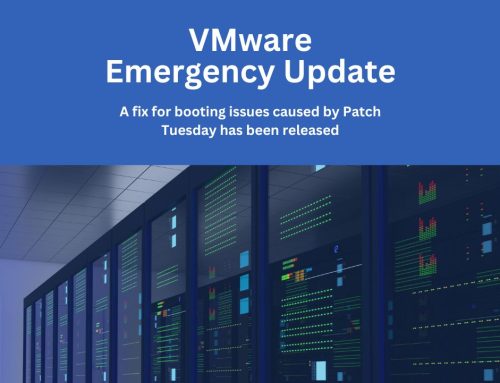As the online world changes, small businesses are increasingly vulnerable to cyber threats, making robust network security not just an option but a necessity. With cyber-attacks becoming more sophisticated, it’s crucial that small enterprises adopt stringent security measures to protect their data and assets.
This guide focuses on small business network security essentials, offering five best practices that are both effective and manageable. By implementing these strategies, businesses can significantly reduce their risk of data breaches and cyber incidents, ensuring their operations remain resilient against online threats.
1. Require Strong Passwords and Regular Changes
Strengthening your network security starts with the basics: robust passwords. These passwords should not only be complex but also unique across different platforms. By changing passwords every 90 days, businesses can prevent unauthorized access, a common vector for cyber attacks. This practice is a cornerstone of a strong security policy because it ensures that even if data breaches occur elsewhere, your network remains protected by constantly evolving credentials.
2. Implement Multi-Factor Authentication (MFA)
Integrating Multi-Factor Authentication (MFA) into your small business’s network security strategy significantly enhances protection. MFA, an essential component of small business network security, acts as a second line of defense, making it considerably harder for attackers to gain unauthorized access. By requiring additional verification, businesses can ensure that even if a password is compromised, the additional authentication layer keeps their data secure. This simple step can thwart potential breaches, safeguarding your business’s sensitive information.
3. Avoid Using USB and Portable Drives
USBs and portable drives, as convenient as they are, actually pose a significant risk to network security. These devices are more vulnerable to hacking because they can be easily lost, stolen, or manipulated without the owner’s knowledge. Unlike cloud storage, which benefits from advanced encryption and security protocols managed by professionals, portable drives rely on physical possession for security. Hackers can exploit these devices through malware, direct physical access, or social engineering tactics, making them a riskier option for storing sensitive information. Cloud storage providers also implement continuous security updates and monitoring, further reducing the risk of cyber attacks.
4. Secure Your Wi-Fi Access Point and Use a Firewall
Securing your Wi-Fi access point involves hiding your network from public view (SSID broadcast) and using strong encryption (WPA2 or WPA3). Additionally, implementing a robust firewall provides a necessary barrier between your internal network and external threats, filtering out unauthorized access and potential attacks.
5. Manage Passwords and Access Control Rigorously
Effective password and access management is critical, especially following an employee’s departure. Ensure that all passwords known by the departing employee are changed and that their access rights are revoked immediately. This practice prevents potential security breaches from former employees and maintains the integrity of your network security.
RHYNO Networks for Small Business Network Security
By implementing these best practices, small businesses can significantly enhance their network security, protecting their critical data and assets from cyber threats. RHYNO Networks specializes in providing comprehensive security solutions tailored to the unique needs of small businesses, ensuring your IT infrastructure is robust, secure, and aligned with your business objectives. For more details on how to implement these practices and for professional support, request a free network assessment.






